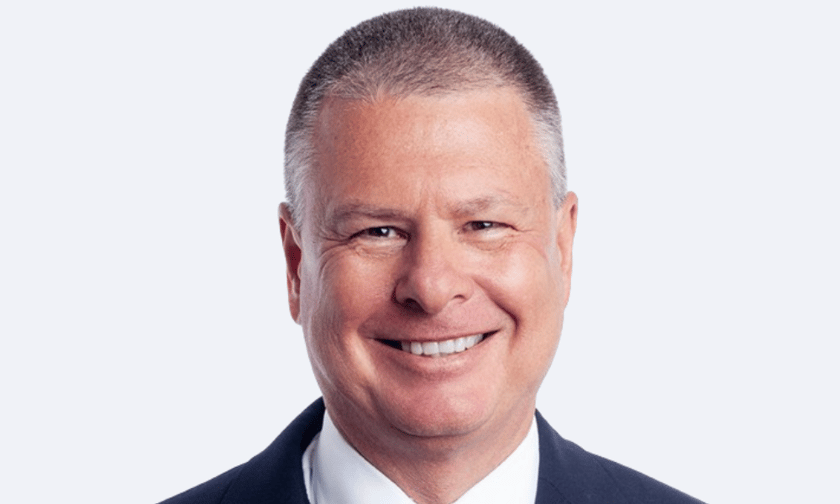

Rade Musulin, principal and climate practice leader at strategic analytics firm Finity, recently provided testimony to the US Senate Committee on the Budget in Washington, DC, where he discussed significant issues within the US insurance framework, with a focus on natural hazards and climate change.
“This opportunity allowed me to share insights on the critical issues facing the US insurance system, particularly in the context of natural hazards and climate change,” Musulin (pictured) said.
Musulin shared his global perspective on natural hazard risks and insurance mechanisms. His testimony drew on the similarities between the US and Australia in addressing the challenges posed by climate change and natural disasters.
Musulin’s professional experience includes key events such as Florida’s reaction to Hurricane Andrew, which led to the establishment of the Florida Hurricane Catastrophe Fund (FHCF) and Citizens Property Insurance Corporation.
“These entities illustrate innovative approaches to disaster funding, using public capital sources to mitigate upfront costs through post-event bonding and assessments,” he said.
See LinkedIn post here.
In his testimony, Musulin outlined the financial risks faced by Florida residents due to the state’s unique insurance funding mechanisms.
“Both the FHCF and Citizens can levy assessments on almost all property insurance policyholders in Florida, spreading the financial burden of large losses across a broad base. While this has successfully stabilised the market in the past, it also exposes residents to significant debt and repayment obligations following major events. Additionally, this system indirectly subsidises high-risk policies, encouraging development in vulnerable areas and driving up long-term costs,” he said.
Musulin highlighted the ongoing challenges in Florida’s insurance market.
Despite improved building codes and a reliable record of meeting claims obligations, the state’s insurance premiums remain the highest in the US. Factors contributing to this include increased hurricane risk, rising claims costs, and extensive litigation.
“The average premium for US$300,000 of homeowner insurance in Florida is three times the national average, causing severe affordability issues for consumers. A major hurricane striking a densely populated area like Miami could exceed the system’s funding capacity, triggering long-lasting assessments. This ‘insurance affordability’ narrative bears a striking resemblance to that here in Australia, a story my colleagues have achieved renown for telling,” he said.
Looking forward, Musulin stressed the significant impact of climate change. The increasing frequency and severity of hurricanes, as seen with recent events like Hurricane Otis and record-high water temperatures off Florida, indicate greater future losses.
“This will further strain the insurance system, potentially leading to solvency issues, non-renewals, and an expanded role for government insurance pools,” he said.
From his perspective in Australia, Musulin suggested that Florida’s experience serves as a warning for other coastal regions worldwide.
“Despite innovative solutions and substantial efforts to address hurricane risks, high premiums and heavy reliance on debt and assessments remain persistent issues. Most current building codes and land-use policies do not adequately reflect future risks. Addressing these challenges requires long-term commitment and difficult policy decisions,” he said.
Musulin’s testimony underscored the critical need for robust, forward-looking strategies to manage natural hazard risks.
“ As we confront the realities of climate change, the insurance industry (globally) must continue to innovate and collaborate with public sector entities to ensure a resilient and sustainable insurance system,” he said.
Sharanjit Paddam, another principal at Finity, recently delved into how the Australian insurance industry is grappling with the benefits and risks brought by climate change. He is set to speak at the Australian Insurance Law Association’s 2024 conference in September.
